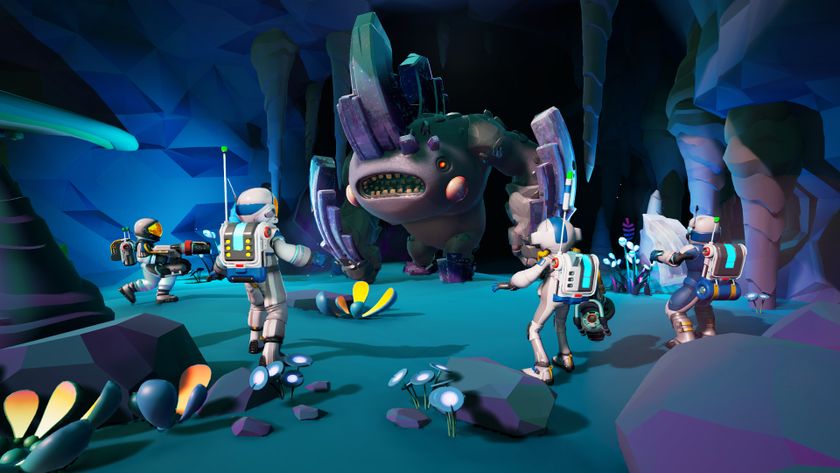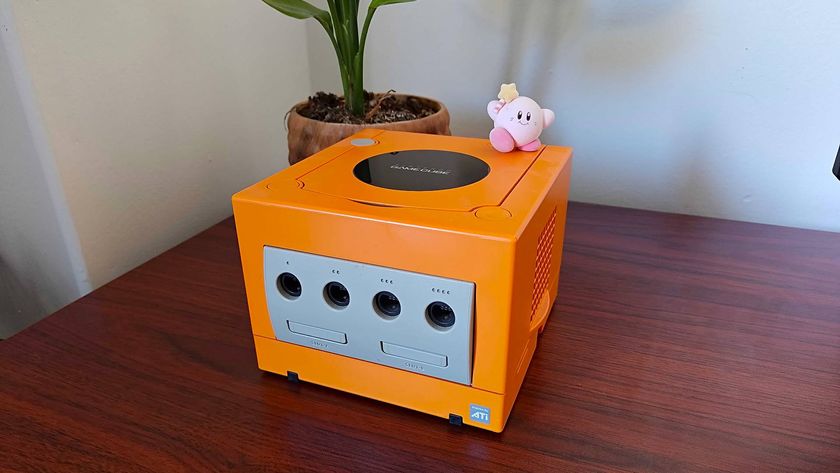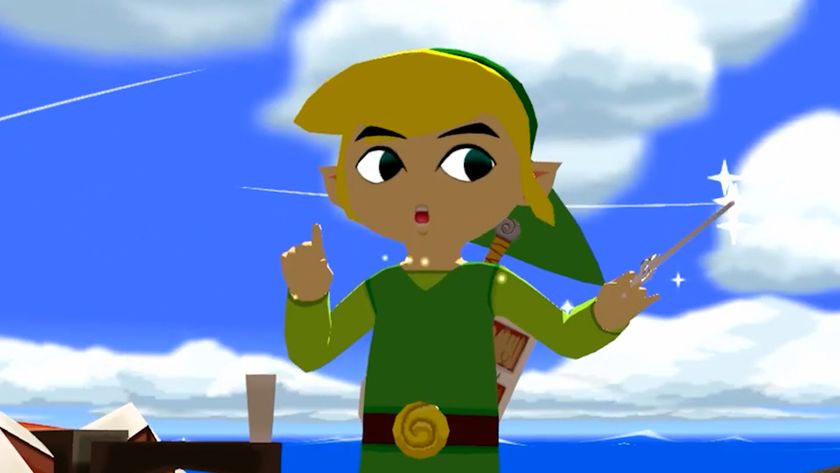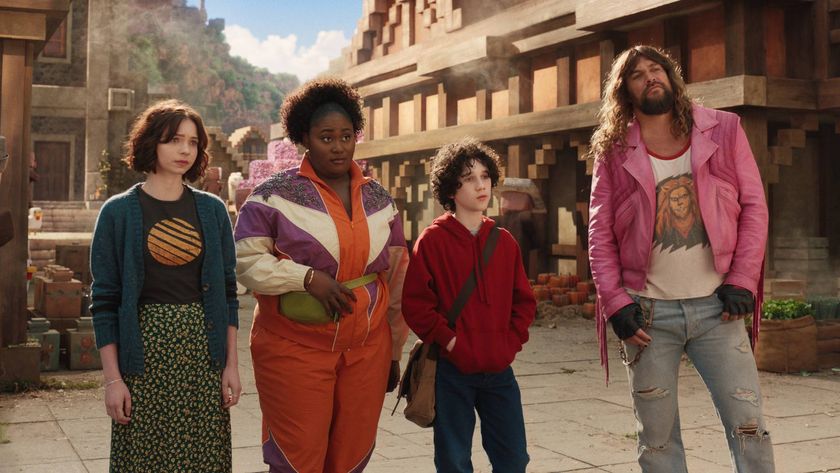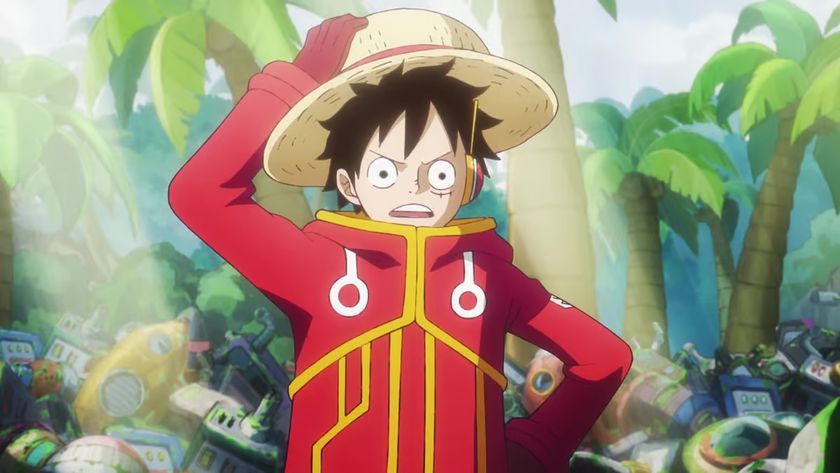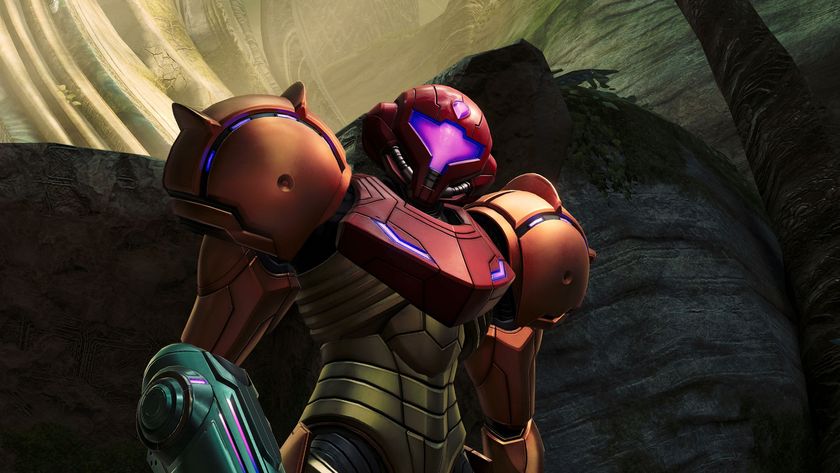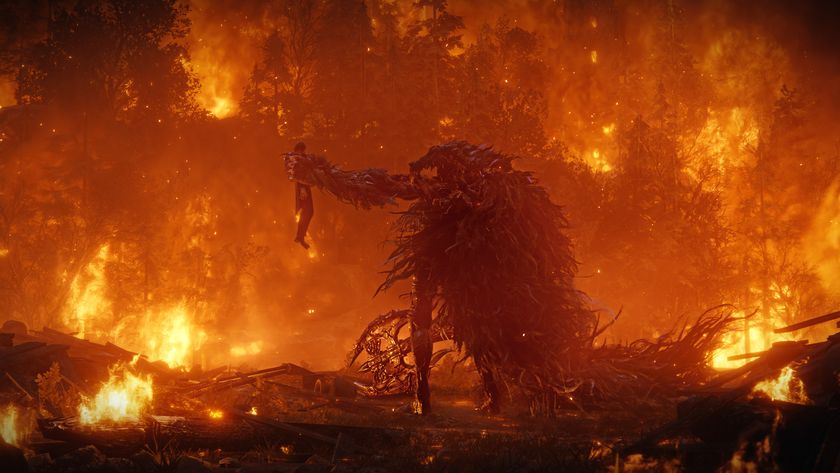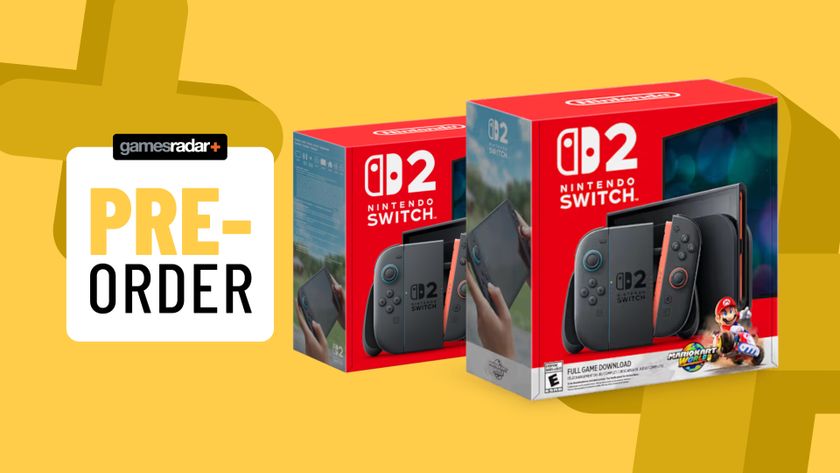LittleBigPlanet's level design: How easy is it?
We run rocket-powered skateboards through zombie hordes to find out
Last week, we had our first real opportunity to find out, as Sony gave us an invitation to join in the game’s extended beta trial ahead of LBP’s Oct. 21 release. After a few hours of play, we discovered that LBP’s creation features actually are about as easy as they look. They’re not quite as versatile as some people seem to think they are – you can’t, for example, use them to “make any game you want,” as some PS3 fanboys have insisted – but with a little effort and practice, players can create amazing things within the game’s limited space. We offer ourselves as proof.
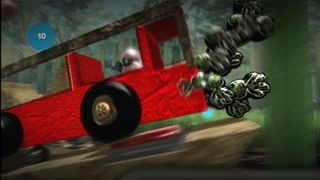
Above: BWAAARGH! We made this!
Unless you’ve been following the game extra-closely, there are a few things you should know before we dive in. First, everything’s controlled by a simple onscreen menu called the Popit, which can be brought up at any time. In the game’s Play mode, it’s limited to slapping down stickers, tapping out text messages to other players (up to four can join in at any time), resetting yourself to the nearest checkpoint when you get stuck and customizing your Sackboy/Sackgirl with bits that you’ve found in the single-player game.
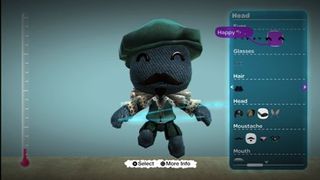
In the game’s Create mode, however, the Popit gets a lot more elaborate granting access to all kinds of machine parts, building materials and other interesting options, all of which can be instantly rubber-stamped into existence and even used to “paint” solid structures into the world, almost without limitation.
Early on, we were told that players would need to collect “sponges” in single-player levels to use as raw building material, but that isn’t the case anymore. In fact, the amount of things you can bring into your custom worlds is limited only by the thermometer at the left side of the screen, which basically just represents what the PS3’s memory can keep track of. Simple objects will barely cause it to rise at all, while more complicated machinery and robot “creatures” will raise it pretty quickly.
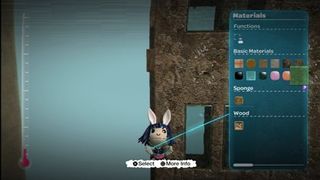
Above: There are 12 basic building materials to start with, with more unlocked as you play through the single-player levels
After playing through a couple of LBP’s pre-made levels, we unlocked the ability to make our own. Our first foray into level design was prefaced by about 30 to 45 minutes of surprisingly entertaining tutorials, almost all of which were necessary to understand the tools that were about to be put at our disposal.
Sign up to the GamesRadar+ Newsletter
Weekly digests, tales from the communities you love, and more
Once we knew what we were doing, we found that creating objects and levels in LittleBigPlanet is really, really easy. With a few minutes and a little creativity, you can make a rudimentary level, a cool device or even a multi-leveled building with working elevators. To make something really cool, however, you’ll need a little forethought – your levels will probably be a lot more interesting if you know roughly what you want to make from the outset – and a lot of patience.
To show you what we mean, let’s take a look at a few different stages in the creative process and see what kinds of challenges they pose.
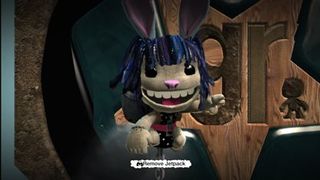
Above: Total time to make: about five minutes

At the core of LittleBigPlanet is your Pod, a little room floating in space. It’s from here that you access the game’s premade and user-made levels, as well as the one’s you’ve made yourself, by picking from three planetoids with a big Sixaxis controller.
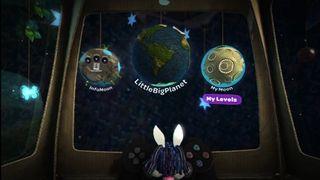
Incidentally, you’re free to decorate your Pod however you like, using the 2D stickers and bits of 3D décor that you’ve either made or earned by playing through levels.
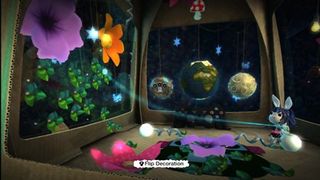
Above: You can go crazy with this stuff, spamming it all over the walls with no noticeable drop in performance
Once you’ve got your room to your liking, you can select the My Moon option, which lets you fill its craters with your own, custom-made stages, picking either a completely blank slate or customizing one of the pre-made “templates” the developers made for you to ruin.
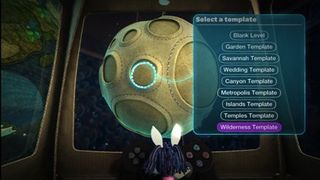
Above: Each of those craters represents a potential level. Yes, there are plenty more around the other side
To get a better feel for what to expect, check out this video:
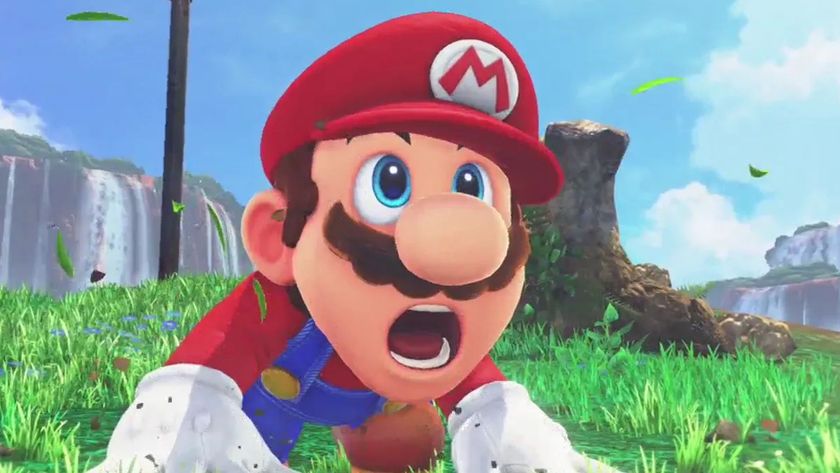
Super Mario All-Stars speedrunner sets triumphant world record only to suffer SNES cart tragedy 90 seconds later: "I guess it's not safe to do any more runs until I give it a good clean"
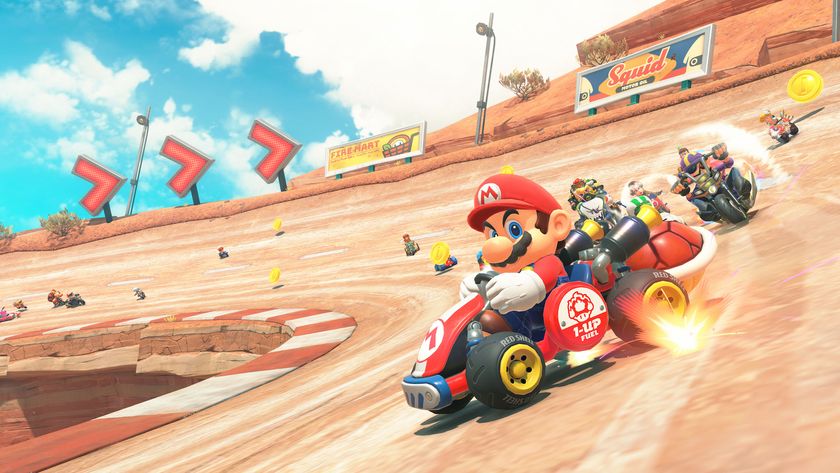
Mario Kart World manages to "blur the line" between what is and isn't a course, thanks to its unique open-world layout and off-roading

